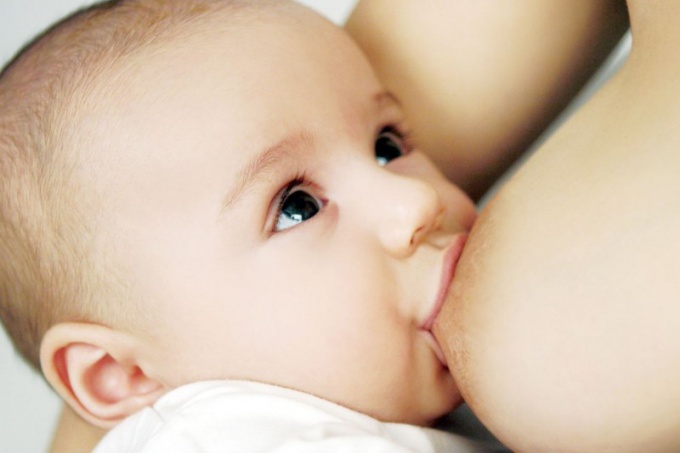Use feeding up to a year
After six months, breast milk ceases to be the sole food for a child in his diet are a variety of lures and juices. The baby grows older, the amount of breastfeeding decreases, and the concentration of antibodies in breast milk increases. This means that babies who are fed mother's milk for more than 6 months, get strong immune support. Very cool if breastfeeding will last up to a year, because at this age the child makes its first attempts to walk, and thus maximally vulnerable to various diseases.
Use feeding up to two to three years
In the third year of lactation milk does not lose its beneficial properties and is a valuable source of fats, proteins, vitamins and minerals. It contains special enzymes that help to digest food and biologically active substances and growth factors of the tissue, which is not in the adult food or baby food adapted.
Babies who receive breast milk for more than three years, showing good results in five years in tests of verbal development.
Use feeding up to four years
It would seem that a four year old child has absolutely no need of breast milk. But it is not. It contains lactoferrin, which stops the growth of the main culprit of caries - streptococcal bacteria. Moreover, with breast milk the tooth enamel is saturated with phosphorus and calcium, making stronger teeth. Four-year-old running to the mother's breast after each child's argument, it looks "sissy" in comparison with those who cope with the emotions myself. In fact, it is more likely that the first, has not lost before the time when mother will learn to overcome stress. Such a child feels secure rear, more open to the world and more confident in it working.
According to new Zealand scientists, the longer the baby is breastfed, the better it adapts to the society in six or eight years of age.
Harm feeding up to four years
For the baby's health long-term feeding – only benefit. However, it is best to wean from the breast in two or three years, it is often due to a failed psychological separation of the child from his mother, who simply does not want to "let go", the child becomes dependent and that in the future may be detrimental to its development. This kid is often subject to ridicule from other children, withdrawn, shy. And the woman herself would feel uncomfortable if old enough the child on the street would be hysterical and demand the mother's milk. It should be noted that the longer a woman postpones the time of completion of lactation, the harder the child will adapt to it.
